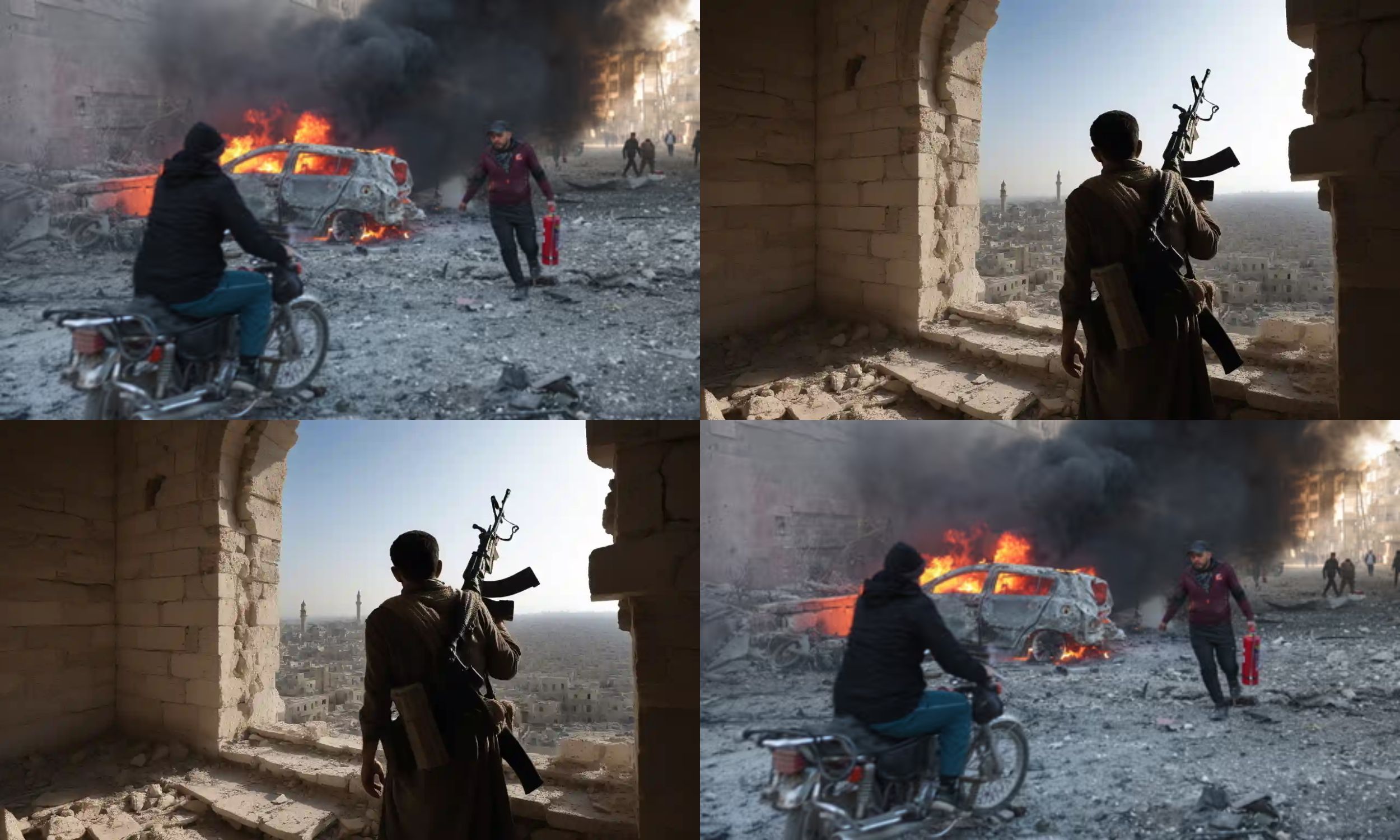Rebel advances against Syrian President Bashar Assad have drawn mixed reactions from U.S. lawmakers, with concerns largely stemming from the involvement of Hayat Tahrir al-Sham (HTS), a group designated as a terrorist organization by the United States.
HTS recently launched a rapid offensive, seizing control of Aleppo, Syria’s second-largest city, and important territory in the northwest, challenging the narrative of Assad’s tight grip on the country with backing from Iran and Russia.
Sen. Chris Murphy (D-Conn.), leading the Senate Foreign Relations subcommittee on the Middle East, remarked that while opposition to Assad is universal, the objectives of HTS raise serious concerns due to its extremist elements.

The U.S., with a limited presence of 900 troops in Kurdish-controlled northeastern Syria to combat ISIS, has generally reduced its involvement in the country under both the Biden and Trump administrations. This diminished footprint has sometimes acted as a barrier to Iranian and Russian ambitions in the region.
Sen. James E. Risch (R-Idaho), soon to chair the Senate Foreign Relations Committee, expressed uncertainty over whether the developments in Syria might hinder plans to reduce U.S. troop levels. He acknowledged that HTS’s offensive, led by sanctioned terrorist groups, complicates any potential support for their actions, stating, “Bad actors exist on both sides of this conflict, and there’s no clear path forward.”
Syria’s civil war, which began in 2011, had reached a relative stalemate by 2020, with a ceasefire brokered by Turkey and Russia that solidified Assad’s power. Despite atrocities committed by his regime, including chemical weapon use and systemic torture, Assad had been slowly reintegrated into the Arab world.
Analysts like Randa Slim from Johns Hopkins University suggest that weakening Assad might undermine Iran and Russia’s influence in the region, though the U.S. faces the dilemma of whether to support an opposition group with a history of terrorism.
The Pentagon has conducted airstrikes in southeastern Syria targeting Iranian-backed groups, clarifying that these operations are unrelated to the current fighting in the northwest. Air Force Maj. Gen. Pat Ryder emphasized the mission remains focused on defeating ISIS while protecting U.S. personnel in the region.
HTS, listed as a terrorist group since 2014, has roots in al-Qaeda and ISIS, and its recent actions have included edicts to avoid harming civilians, particularly minorities, although skepticism about their intentions persists.
Sen. Jeanne Shaheen (D-N.H.) noted the uncertainty surrounding HTS’s agenda and the worsening conditions for civilians in conflict zones like Aleppo and Idlib. The Biden administration, alongside European allies, has issued calls for de-escalation, humanitarian aid, and adherence to a political solution under United Nations guidelines.
Humanitarian organizations report escalating airstrikes by Russian and Syrian forces targeting hospitals and civilian areas, worsening the plight of displaced populations. The U.N. has warned of the growing humanitarian crisis as tens of thousands flee renewed violence, compounding the trauma of a civil war that has already claimed over half a million lives.
Despite HTS’s claims of local governance and efforts to minimize harm to minorities, the long-term implications of their control remain unclear. Bishop Hanna Jallouf of Aleppo expressed cautious optimism during a recent call, describing the initial fear in the community giving way to relief.
Mouaz Moustafa of the Syrian Emergency Task Force urged a nuanced view of HTS’s role, suggesting their gains might offer an opportunity to reinvigorate political solutions for Syria while recognizing the complexities of supporting a group with a history of extremism.


